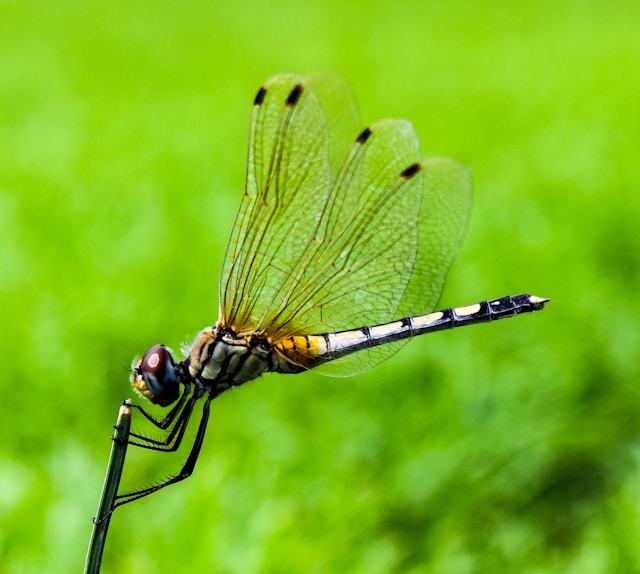Image by https://unsplash.com/@ak24004
The 18th century Japanese poet, Fukuda Chiyo-ni wrote the following haiku
My Dragonfly catcher,
How far have you wandered
Have you gone
From time to time, some humans are placed in a dark place. The loss of a loved one, especially a child, can be unimaginably painful. I just cannot conceive how dark that place must be. The poet who wrote the haiku became a nun. Perhaps in search for some meaning. Death is so unnatural; we cannot get our heads around it. We spend the rest of our lives wondering, hoping, seeking, and praying.
The Japanese concept of natural decay (wabi-sabi) and the transience of nature presents its paradoxes. When reading Kobayaashi Issa’s haiku, one feels his existential angst at the loss of his daughter.
This world of dew
is a world of dew,
and yet, and yet.
The line, “and yet, and yet” gives the idea of wabi-sabi not holding up to his instinct. He desires to see his daughter one day. It's my hope they will.
"Truly, truly, I tell you, the hour is coming and has now come when the dead will hear the voice of the son of God, and those who hear will live " John 5:25 (BSB).